Parent Coaching: What to Do When Parenting Is Overwhelming
The very first mom I ever worked with sat across from me, looking completely overwhelmed. When I asked her, “Where do you feel stress in your body?” she just stared at me, frozen like a deer in headlights.
She finally responded, “I don’t feel anything. Where am I supposed to feel it?”
That was my first clue—we had an incredible journey ahead of us and I was so thankful she trusted me enough to guide her.
Then she said something I’ll never forget. I don’t remember it word for word but it was something like:
“I have read countless parenting books, but I can’t seem to do what the books tell me to, or it just doesn’t seem to stick.”
She wasn’t lacking information. Instead, I could guess that she was disconnected from her body and heart, trapped in the logic of her mind. Beneath that disconnect were layers of limiting beliefs that kept her stuck, making it impossible to apply what the parenting books were telling her.
Until we uncovered and rewired those beliefs, she couldn’t bridge the gap between knowing and doing.
Over the next few months, I watched her transform from a mom who was constantly worried about what others thought every time her kids had a meltdown at the park to a mom who was confident, connected, and her kids’ fiercest advocate.
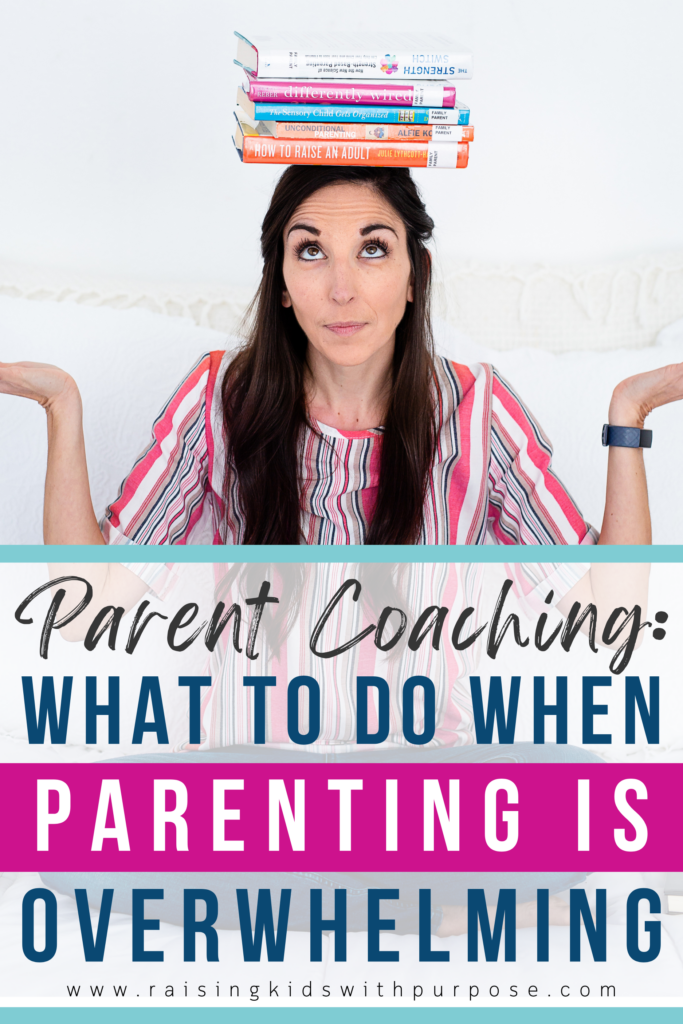
Table of Contents
Bridging the Gap
This is why I became a parent coach—to help parents bridge the gap between what they know about parenting and what they can actually do every day.
If you’ve ever felt like parenting books aren’t enough… if you’re overwhelmed by your child’s big emotions… if you want to be a calm, confident parent but don’t know how to get there… this post is for you.
Parenting is one of the most rewarding journeys, but let’s be real, it’s also one of the hardest. If you’ve ever felt overwhelmed by your child’s big emotions, struggled to stay calm in the heat of a meltdown, or wondered how to build a strong, connected family culture, you’re not alone.
Read Next: The Real Reason Parenting is Hard and How to Make It Easier
As a certified conscious parenting coach and founder of Raising Kids With Purpose, I help parents navigate these exact challenges. I specialize in working with parents of kids who have big behaviors, high emotions, and seemingly endless energy, kids who don’t always respond to traditional parenting tactics.
I’m here to help you not just manage your child’s behavior but deeply understand it, so you can parent with more confidence, joy, and connection.
I’ll break down everything you need to know about working with a parent coach: what a parent coach is (and isn’t), how to work with a coach, and how doing the work can truly transform your family.
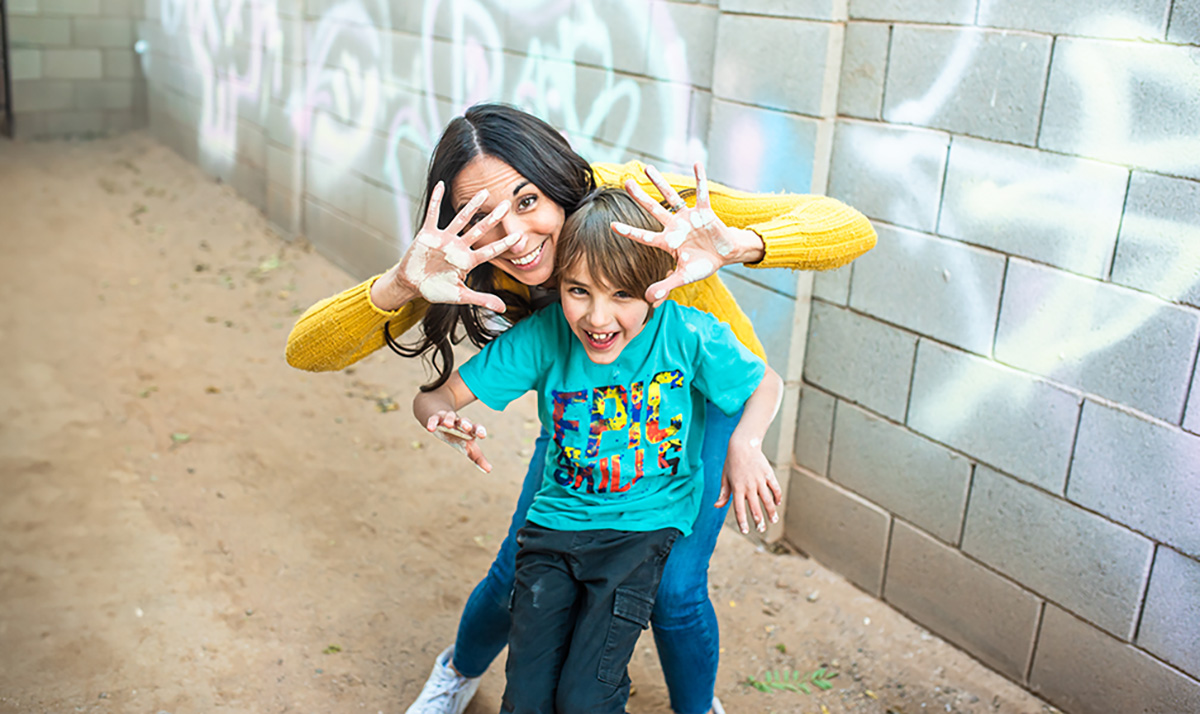
What Is a Parent Coach?
A parent coach is a professional who helps parents navigate the challenges of raising children. Unlike therapy, which often focuses on past traumas, parent coaching is action-oriented, equipping you with strategies to handle real-life parenting struggles.
What a Parent Coach Does
A skilled parent coach will:
- Teach you how to regulate your own emotions
- Help you understand the root causes of your child’s behavior and your own behaviors!
- Provide tools for tantrums (even teenage tantrums), power struggles, sensory meltdowns, and emotional outbursts
- Help you build a strong parent-child connection
- Guide you in creating a family culture aligned with your values
Connection impacts behavior in the most positive way than any other discipline strategy.
Who Needs a Parent Coach?
Parent coaching isn’t just for parents who feel like they’re “failing”.
It’s for any parent who wants to parent with more confidence, connection, and clarity. If you’ve ever felt like you’re doing everything “right” but still struggling, coaching can help you identify the hidden patterns, mindset shifts, and practical strategies needed to transform your parenting experience.
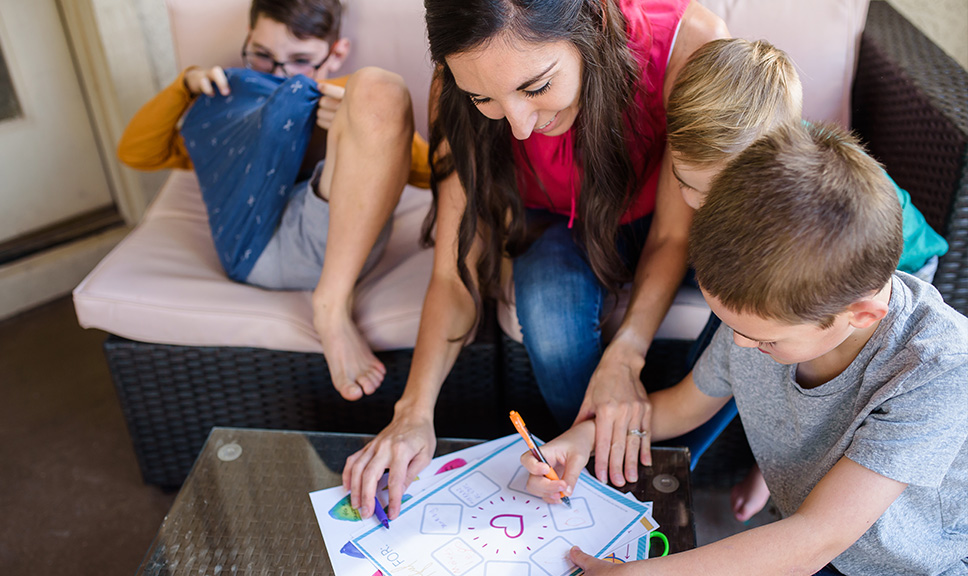
Here’s how coaching can support you in some of the most common parenting challenges:
1. You Have a Child with Big Emotions and Struggle to Stay Calm
Some kids experience emotions more intensely than others. Whether it’s frequent tantrums, or sensory meltdowns, extreme frustration over small things, or an emotional rollercoaster throughout the day, it can be exhausting as a parent.
You may find yourself reacting rather than responding.
You may feel like the only solution is to yell, get frustrated yourself, or completely ignore the behaviors.
By the way, this is a common mindset about parenting, “Don’t give “bad behavior” attention or you’ll make it worse”, but child development experts are learning this doesn’t necessarily help the developing brain in the way they thought it did.
How Coaching Helps:
- Learn co-regulation techniques to help your child calm down without escalating the situation.
- Understand the nervous system and emotional development so you can respond in a way that actually helps.
- Practice self-regulation strategies so you can stay calm, even when your child isn’t.
>> Imagine being able to confidently support your child through a meltdown instead of feeling like you’re losing control yourself.
2. You Experience Constant Power Struggles, Meltdowns, or Defiance
Do simple requests turn into battles?
Does it feel like your child is constantly pushing back, refusing to cooperate, or throwing a fit over the smallest things? Power struggles can leave you feeling like you’re always negotiating or fighting for control. This can make parenting feel incredibly hard.
How Coaching Helps:
- Learn effective communication techniques that reduce pushback and increase cooperation.
- Understand why your child resists authority and how to foster respect and independence.
- Shift from a control-based parenting style to one that encourages cooperation without giving in.
>> Imagine replacing daily battles with conversations where your child actually listens and responds with cooperation instead of defiance.
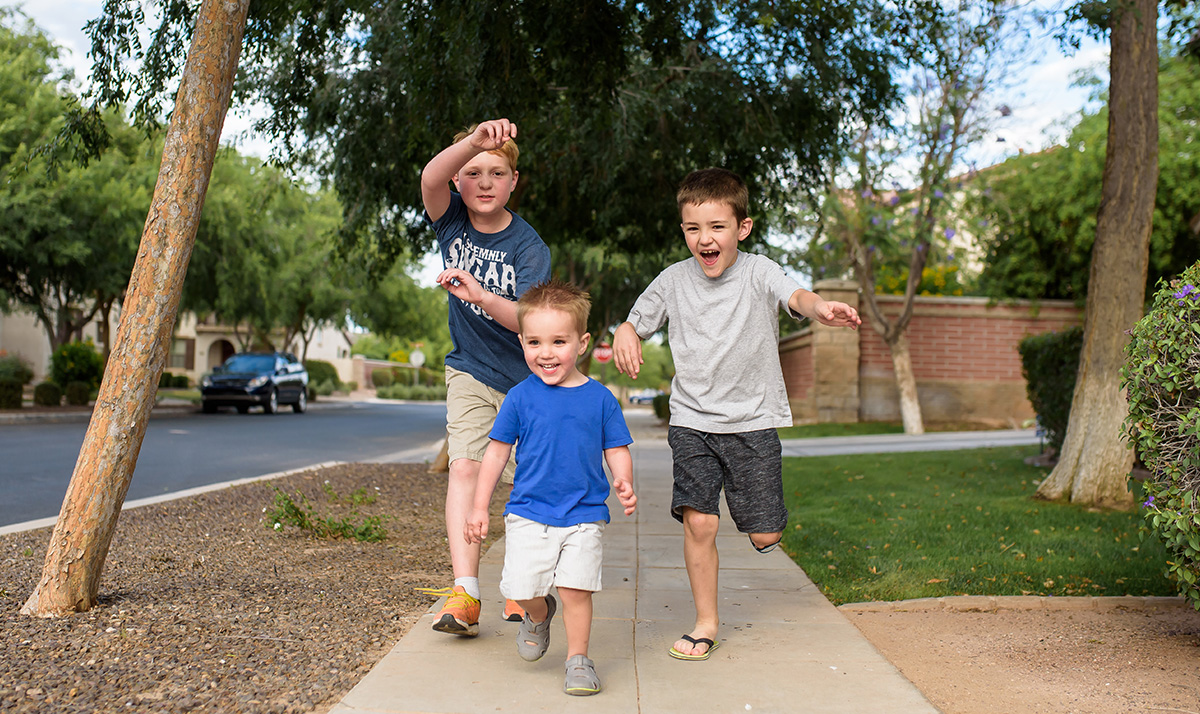
3. You Feel Like Traditional Parenting Advice Doesn’t Work
Maybe you’ve tried time-outs, reward charts, or consequences, but nothing seems to stick. Perhaps you’ve read countless parenting books, but when you try the strategies, they either don’t work or feel completely unrealistic for your child.
How Coaching Helps:
- Identify the root cause of your child’s behavior instead of just addressing symptoms.
- Learn brain-based, developmentally appropriate approaches that work with your child’s unique temperament.
- Create customized strategies that actually fit your family, rather than using one-size-fits-all advice. This is what you find in books because they don’t know YOU or your kids!
>> Imagine feeling empowered with parenting tools that work for your child instead of feeling like you’re failing when generic advice falls short.
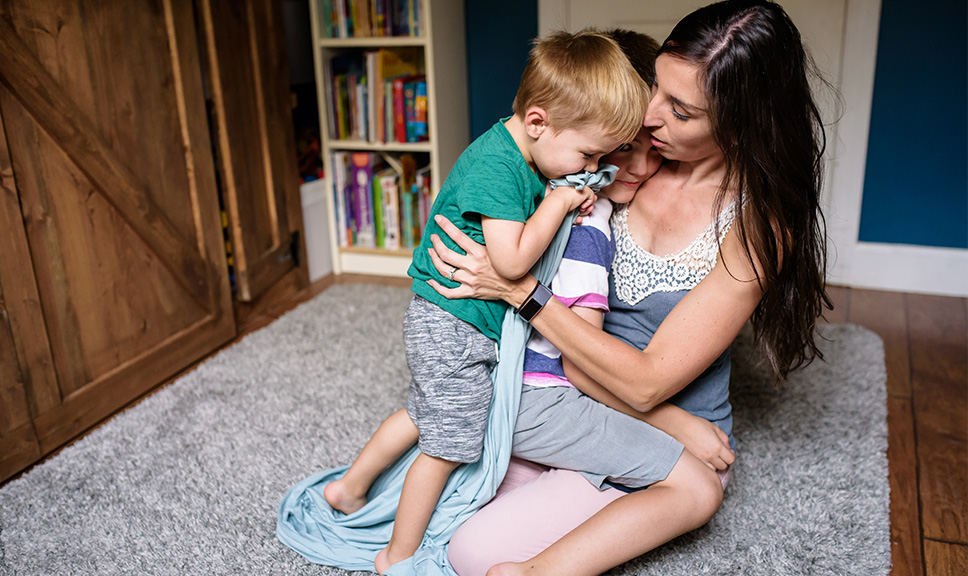
4. You Want to Build a Strong Family Culture Based on Connection, Respect, and Cooperation
You want things to change from when you were a kid. Some adults 30+ were parented in a mutual respectful way, but I haven’t found many!
You don’t just want to manage behavior. You want to raise emotionally intelligent, confident, and kind kids. Maybe you dream of having a home where everyone feels valued and respected, where your kids feel safe to express themselves without constant conflict.
How Coaching Helps:
- Learn connection-based parenting techniques that foster trust and emotional security.
- Develop family values and traditions that create a strong foundation for respect and cooperation.
- Shift from a discipline-heavy approach to one that prioritizes teaching and guiding.
- Learn how to break generational patterns of power-over or power-under parenting.
>> Imagine having a home where respect is mutual, relationships are strong, and parenting feels more like a partnership than a battle.
5. You Feel Exhausted or Burnt Out and Need Fresh Strategies
Parenting is demanding, and sometimes, it just feels like too much. If you’re constantly running on empty, reacting instead of responding, and feeling like you’re just surviving, something needs to change.
How Coaching Helps:
- Learn practical self-care strategies that actually fit into your busy life.
- Figure out how to set healthy boundaries to reduce overwhelm.
- Support you in reframing your mindset so you feel more in control and less stressed.
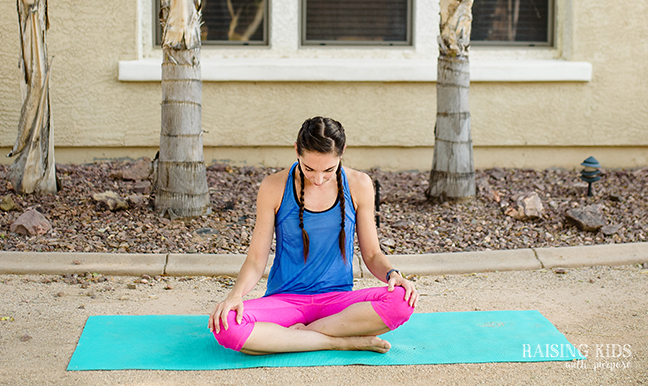
>> Imagine waking up feeling refreshed and ready to handle the challenges of the day instead of dreading the next meltdown.
Is Parent Coaching Right for You?
If any of these challenges sound familiar, parent coaching could be the missing piece you’ve been looking for. Instead of trying to figure it all out on your own, you’ll get the personalized guidance, accountability, and support you need to transform your parenting experience.
Book a Free Discovery Call and take the first step toward a calmer home and stronger relationships with your kids!

How Parent Coaching Works
Step 1: Understanding Your Parenting Challenges
Many parents come to coaching thinking their biggest problem is their child’s behavior—the tantrums, the defiance, the constant battles over bedtime, screen time, homework, lying or rebellion. But in most cases, these behaviors are symptoms of deeper issues.
The real challenges often stem from:
- Hidden triggers – You might be unknowingly setting off your child’s stress response without realizing it.
- Unmet needs – Children often act out when they are tired, overstimulated, hungry, or lacking emotional connection.
- Ineffective communication patterns – The way we speak to our kids can either invite cooperation or fuel resistance.
In coaching, we take a deep dive into what’s really happening in your home. Instead of just trying to “fix” behavior, we uncover the why behind it.
I worked with a couple who were confused by their daughter’s behavior. Every time they corrected her, gave her a punishment or tried to discipline her, the little girl would laugh hysterically and act really goofy.
This would trigger anger in both parents because they viewed the behavior as disrespectful. They thought their four-year-old was being intentionally difficult but through coaching, we realized she was in protection mode.
Laughing became her coping skill to protect her from getting yelled at or having her dad standing over her in a really scary way, even though that wasn’t necessarily his intention. He just wanted her to listen! Instead of forcing her to go into time-outs when she behaved this way, we implemented connective strategies for both parents to use that addressed their daughter’s core need for neurological safety.
By identifying these underlying patterns, we can start making real changes—not just getting frustrated because of our kids’ behaviors.
Step 2: Learning New Tools & Strategies
Once we understand the root of the challenges, it’s time to equip you with the right tools to create lasting change. These aren’t generic parenting tips. You’ll learn brain-based, developmentally appropriate techniques that work with your child’s unique needs.
Some of my favorite tools include:
- The Polyvagal Ladder: A simple yet powerful tool to help you regulate your emotions so you can respond to your child.
- Declarative Statements & Questions: A way to communicate with your child that fosters problem-solving and cooperation.
- The Co-Regulation Approach: How to calm your child’s nervous system (without saying, “Calm down!”—because that never works!)
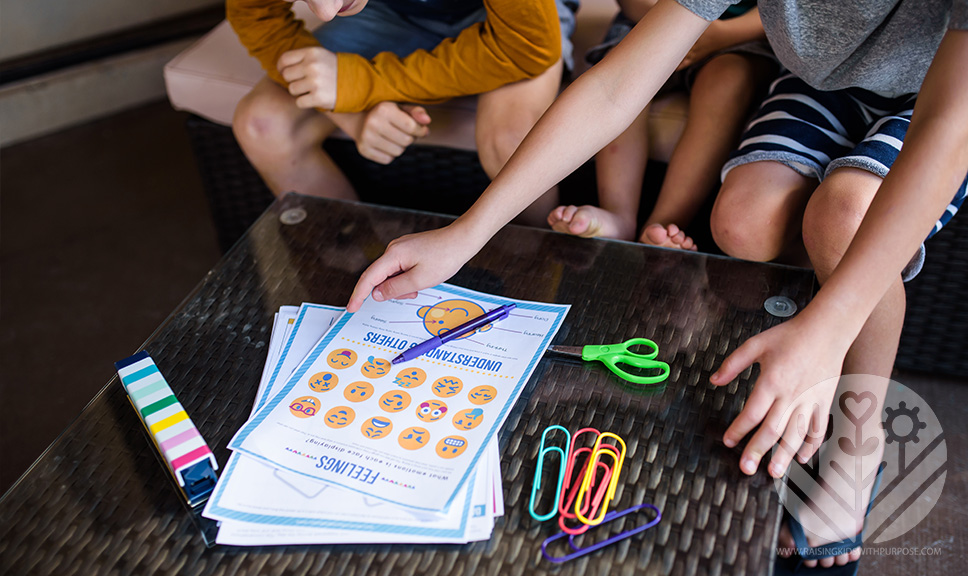
Step 3: Practicing & Adjusting
Parent coaching isn’t just about learning new strategies. It’s about implementing them in real life. This is where the magic happens. Through coaching sessions, we troubleshoot what’s working, tweak what’s not, and help you build new habits so that parenting becomes easier and more natural over time.
What Makes Parent Coaching Different?
The biggest difference between parent coaching and simply reading about these strategies is that you get personalized guidance on how to implement them.
Every child is different, and what works for one family may not work for another. In coaching, we tailor these tools to your specific situation, troubleshoot obstacles, and adjust strategies as needed.
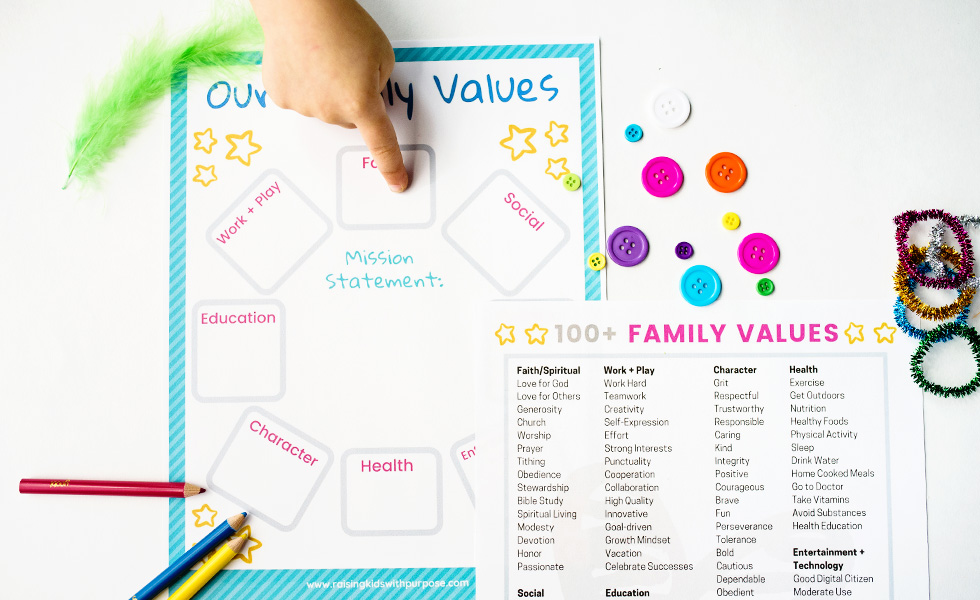
I’ve created many toolkits like this Family Values toolkit for you to use and create a stronger, healthier family culture. When you join my program, you’ll have access to even more tools!
Why Work with a Parent Coach Instead of Reading Books or Watching Videos?
There’s no shortage of parenting advice out there and the parenting section at Barnes and Noble just keeps getting bigger!
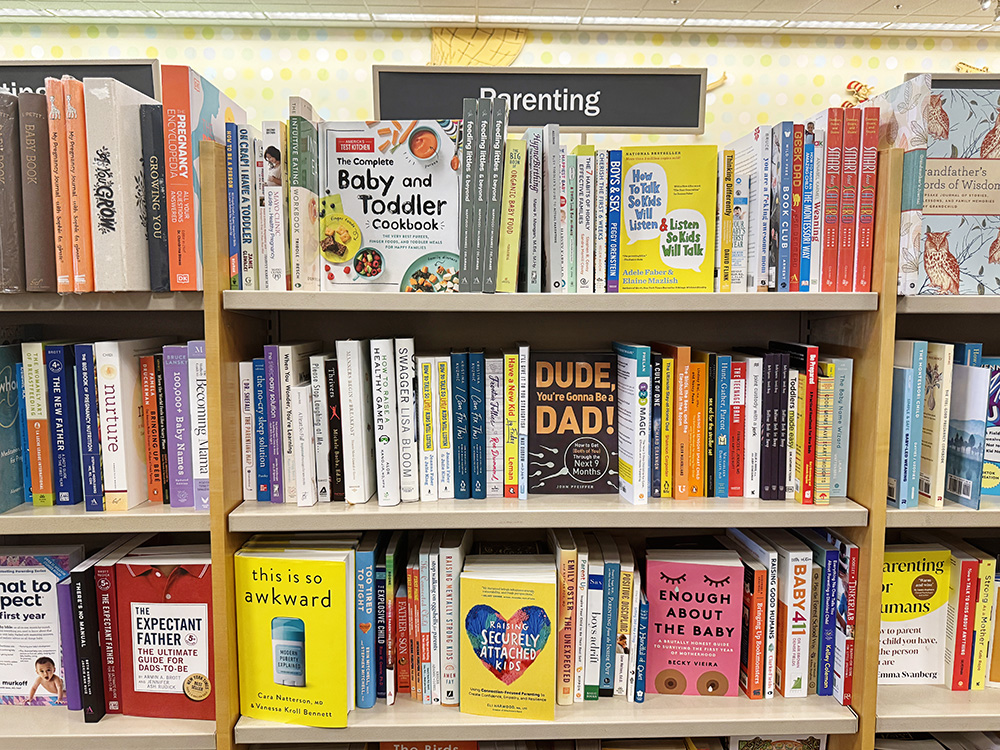
You can find thousands of books, YouTube videos, and online courses promising to help you become a better parent. But if you’ve ever found yourself consuming tons of information yet still struggling to apply it, you’re not alone.
Books, videos, and courses provide valuable knowledge, but they often fall short of helping parents actually implement what they learn.
Here’s why LEARNING Isn’t All You Need:
1. Information Overload Leads to Inaction
Many parents come to me saying, “I’ve read all the books, I’ve watched all the videos, but I still don’t know what to do at the moment,” just like the first mom I worked with. This is because:
Information alone doesn’t create habit change, action does.
Without guidance on how to implement strategies in real-time, parents can feel stuck, overwhelmed, and even more unsure than before.
2. Generic Advice Doesn’t Fit Every Family
Online courses and videos often provide general parenting strategies. I’ve already mentioned this but every child, parent, and family dynamic is unique. What works for one child may completely backfire for another. A parent coach tailors advice specifically to you: your child’s temperament, your parenting style, and your family’s unique challenges.
3. There’s No Real-Time Support
Books and courses can teach you concepts, but they can’t help you navigate a meltdown in real-time. When you work with a parent coach, you get ongoing support—someone who can troubleshoot problems as they arise, adjust strategies that aren’t working, and help you stay accountable.
In my program, I provide Voxer text and voice text support in between sessions so you don’t have to wait 7 days to get your questions answered!
4. Learning Without Practice Leads to Frustration
Imagine trying to learn how to swim by watching a video. That’s seriously funny to think about.
You can understand the theory, but when you actually jump into the water, you need hands-on coaching to actually learn how to swim and not drown.
The same applies to parenting. Learning about emotional regulation and discipline strategies is one thing, but being able to use them when your child is screaming at you in the middle of Target is another!!
5. Coaching Bridges the Gap Between Knowledge and Action
Parent coaching isn’t just about teaching you what to do. It’s about guiding you through the process of making those changes in real life. Instead of leaving you to figure things out on your own, coaching provides:
- Personalized action plans based on your unique parenting challenges
- Live feedback and troubleshooting when strategies don’t work as expected
- Encouragement and accountability to help you stay consistent
- Adjustments and refinements based on real-time challenges you’re facing
If you’ve ever read a parenting book, watched a video, or taken a course and thought, “That sounds great, but how do I actually do this with my child?” then it may be time to work with a parent coach.

How The P.U.R.P.O.S.E. Parent Transformation Program Works
Parent Coaching
My 12-week P.U.R.P.O.S.E. Parent Transformation Program includes:
- Comprehensive P.U.R.P.O.S.E. Deep Dive Assessment
- Two coaching options: 1:1 where you can personalized support and Group coaching where you go through the program with other parents
- Weekly live coaching sessions
- Personalized Family P.U.R.P.O.S.E. Blueprint
- Customized Family Emotional Intelligence Roadmap
- Repair and Reconnection Training
- Communication Training
- Sensory Calming Access Tools Training
- Ongoing text/voice text support for real-time troubleshooting
- Raising Kids With Purpose Resource Library
Parent Power-Up Session
If you have a specific challenge you need help with, I offer Parent Power-Up Sessions. This is a 90-minute deep dive to help you tackle one major parenting hurdle with an action plan you can implement immediately.
This is great for parents who need quick, expert support without a long-term commitment.
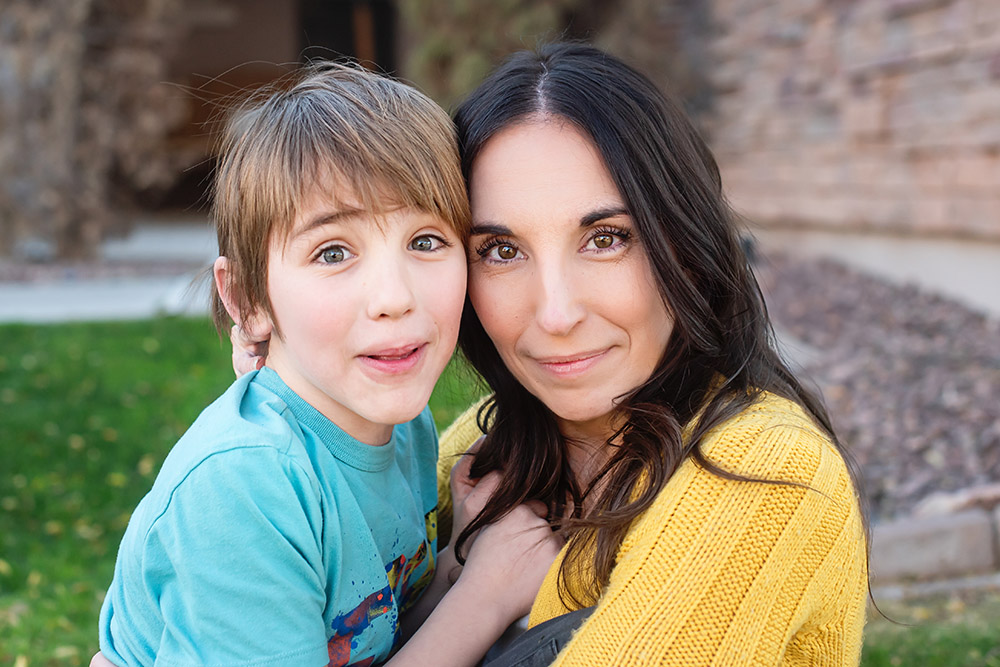
Frequently Asked Questions About Parent Coaching
If you’re considering parent coaching, you might have a few questions about how it works and whether it’s right for you. Below are some of the most common questions I get from parents.
Is parent coaching only for parents who are struggling?
No! Many parents seek coaching not because they’re in crisis but because they want to be intentional about how they parent. I’ve had first-time moms reach out to me before they are having any challenges with their kids just to “get ahead” of it to make sure they’re ready for the toddler years and beyond.
Just like athletes work with coaches to improve their performance, parents can benefit from coaching to refine their skills, gain new insights, and create a home environment where everyone thrives.
Coaching is for parents who want to shift from reactive to responsive parenting, better understand their child’s brain and behavior, and improve communication, connection, and discipline techniques. Many parents I work with are already doing well but want to feel more confident and peaceful in their approach.
What if I’ve tried everything and nothing works in my parenting?
That’s exactly why parent coaching exists!
Many of the parents I work with come to me feeling exhausted and discouraged, saying they’ve read all the books and tried all the techniques, but nothing seems to work for their child.
There are a few reasons this happens:
- Sometimes parents are using outdated methods that don’t align with modern neuroscience or modern culture. Whether we like it or not, our kids are influenced by the culture they live in and so are we!
- Other times, a child’s nervous system is wired differently, making traditional discipline techniques ineffective and honestly, causing more damage. In many cases, a parent’s own stress responses influence how they react, making it harder to implement new strategies effectively.
A lot of the research on child development, emotional regulation, and brain science is fairly new, and many of us were raised with parenting techniques that we now know aren’t always effective.
Through coaching, I’ll help you understand why your child’s behavior is happening instead of just focusing on stopping it.
I’ll help you uncover hidden roadblocks that may be preventing certain strategies from working, and I’ll give you tools specifically designed for your child’s unique temperament and needs. Many parents find that once they have the right information that is personalized, they can finally see the changes they’ve been hoping for.
Is parent coaching the same as therapy?
No.
I briefly mentioned this earlier. While both can be incredibly helpful, they serve different purposes.
Parent coaching focuses on teaching practical strategies for handling parenting challenges, building stronger connections with children, making real-time adjustments to parenting techniques, and providing accountability and support to help parents stay consistent.
Therapy, on the other hand, focuses on healing past trauma and deep emotional wounds, processing childhood experiences that may be affecting parenting, and diagnosing and treating mental health concerns such as anxiety, depression, or PTSD.
Therapy is typically long-term and introspective, whereas coaching is more action-based and focused on immediate changes parents can make. If you’re struggling with deep-seated emotional wounds or mental health concerns, therapy may be the best option right now.
If you’re looking for practical tools to improve your parenting experience today, coaching is a great choice.
How long does parent coaching take to see results?
The timeline for results varies depending on your unique situation, but most parents begin to see positive changes within the first few weeks. Some quick wins can happen right away, such as learning how to pause before reacting, understanding how your child’s brain works, and making small shifts in communication that reduce power struggles.
For deeper transformation, such as rewiring parenting patterns, breaking generational cycles, and building long-lasting family culture, it takes more time. Typically, eight to twelve weeks of consistent coaching and practice is when parents see long-term, sustainable change.
The good news is that, unlike trial-and-error parenting, coaching provides a structured, guided approach so you can see real progress faster.
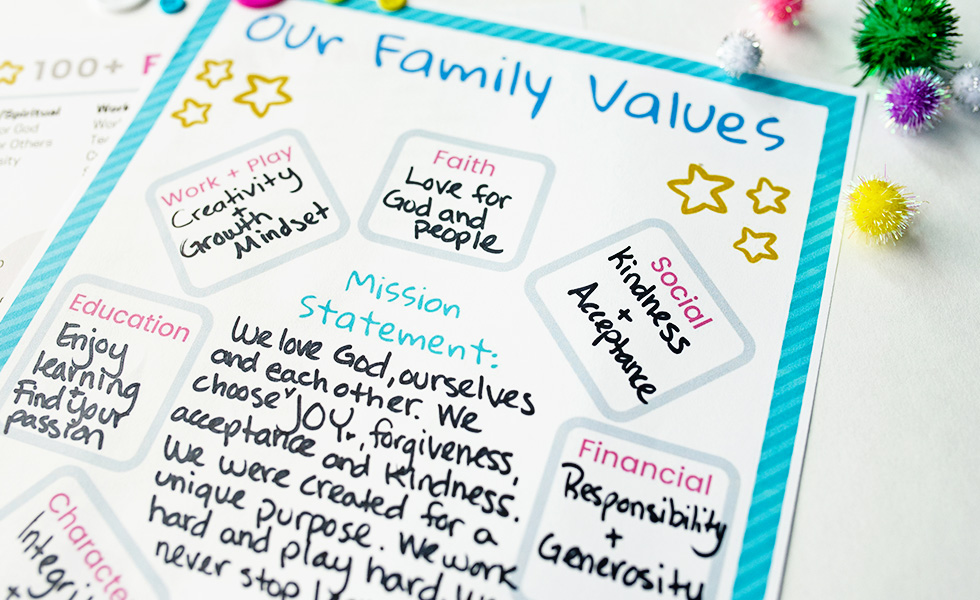
What specific parenting challenges are addressed by a coach?
A parent coach helps with a wide range of parenting challenges, providing customized strategies based on your child’s unique temperament and family dynamics. Here are some of the most common struggles addressed in parent coaching:
- Managing big emotions and meltdowns
- Power struggles and defiance
- Reducing yelling and parental burnout
- Navigating sibling conflicts
- Handling transitions and life changes
- Improving communication with your child
- Setting boundaries without harsh punishments
- Supporting high-energy or neurodivergent kids
- Overcoming guilt and breaking generational parenting cycles
- Creating a strong family culture
What if my partner isn’t on board with coaching?
This is a common concern. Many parents hesitate to start coaching because their spouse or co-parent isn’t on the same page.
The good news is that even if only one parent starts coaching, the whole family benefits. When one parent begins responding differently, kids will naturally start to adjust their behavior. Many partners come on board later once they see the positive changes happening at home.
Coaching can also help improve communication between co-parents, reducing tension and conflict in parenting decisions. Even if your partner isn’t ready for coaching, you can still take the first step toward positive change, and many parents find that their partner eventually becomes more open to new approaches once they see them in action.
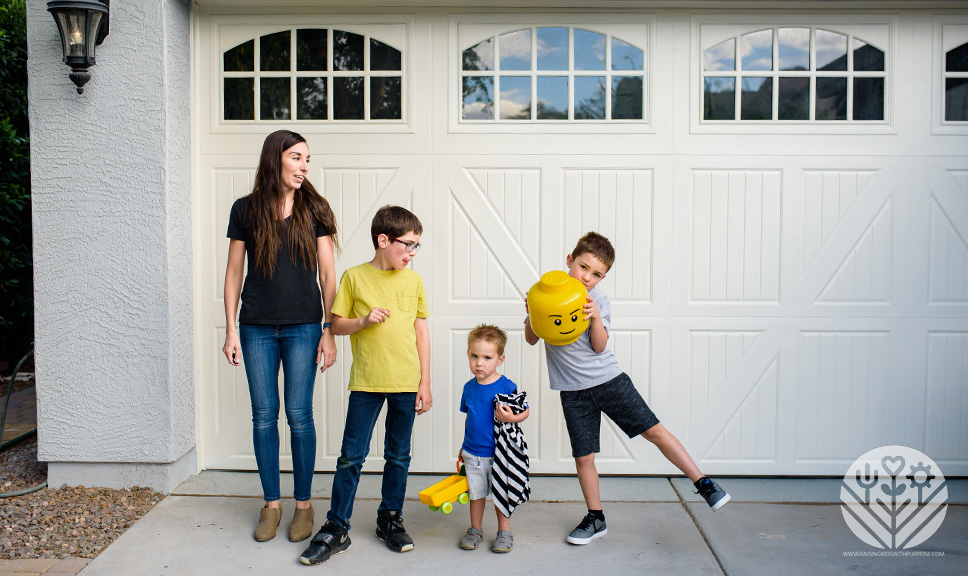
What kind of parents do you work with?
I work with parents from all walks of life, but I specialize in helping parents of kids with high energy, big emotions, and who may struggle with self-regulation and challenging behaviors. Raising my own kids has forced me to be an expert in this and I’m still learning!
Many of my clients are parents who are breaking generational cycles and want to parent differently than they were raised.
Others feel overwhelmed, exhausted, and like nothing is working. I also work with parents who want to create a family culture of respect, connection, and cooperation and are looking for guidance in making that a reality.
Whether you’re dealing with daily meltdowns, sibling fights, power struggles, or just want to feel more confident as a parent, coaching can help.
How do I get started?
The first step is a discovery call where we’ll talk about your biggest parenting challenges, your goals, and whether coaching is the right fit for you. This is a no-pressure conversation designed to help you gain clarity on what support you need and how I can help.

Ready to Transform Your Parenting?
If you’re ready to move from frustration to confidence, from yelling to connection, and from surviving to thriving, I’d love to support you.
Here’s your next step:
👉 Book a Discovery call and discover how parent coaching can help you.
If you’re not quite ready for a call, you can fill out this P.U.R.P.O.S.E. Deep Dive Assessment to see if coaching can help!
You don’t have to do this alone—let’s work together to help you become the parent you want to be.



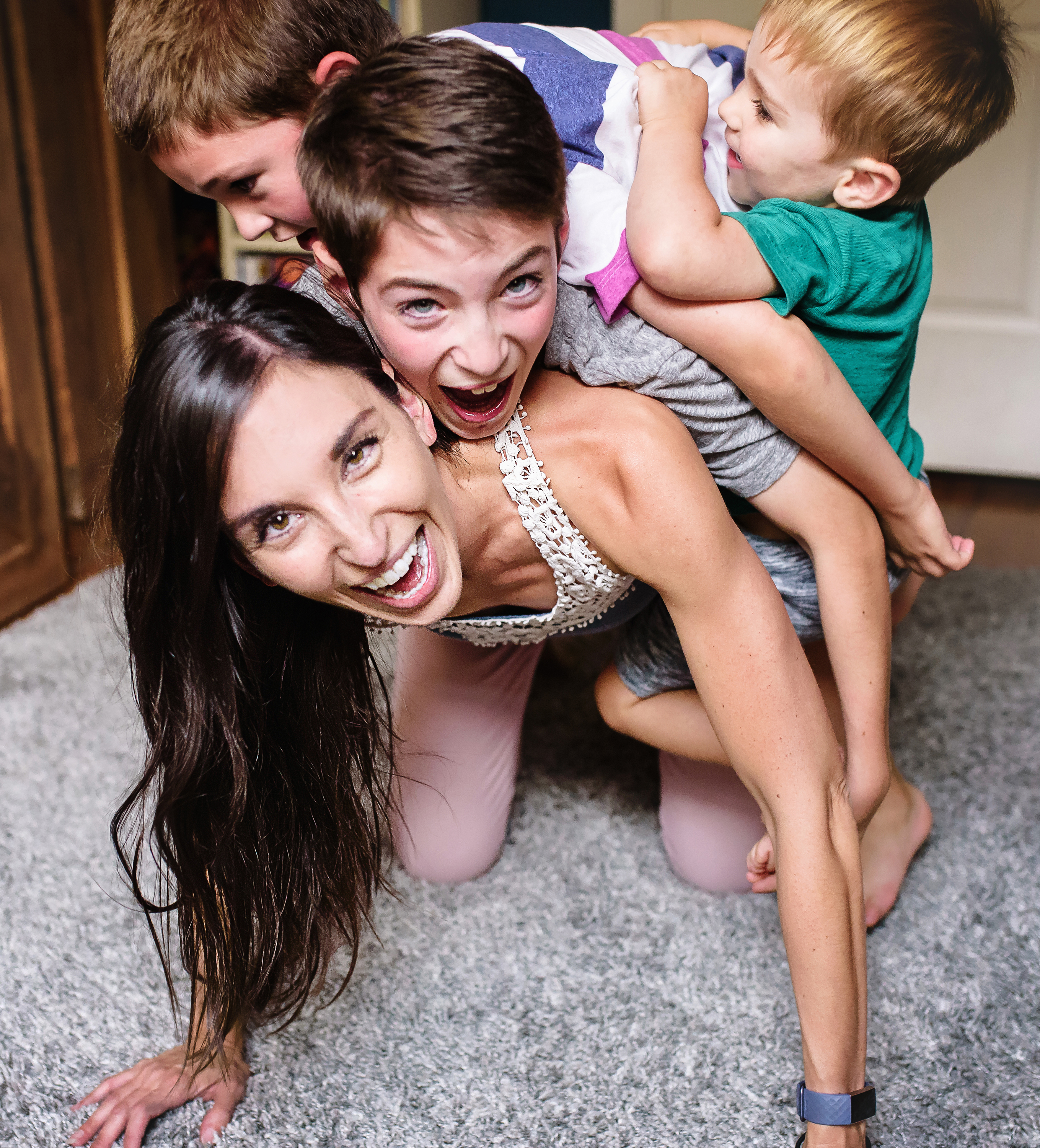



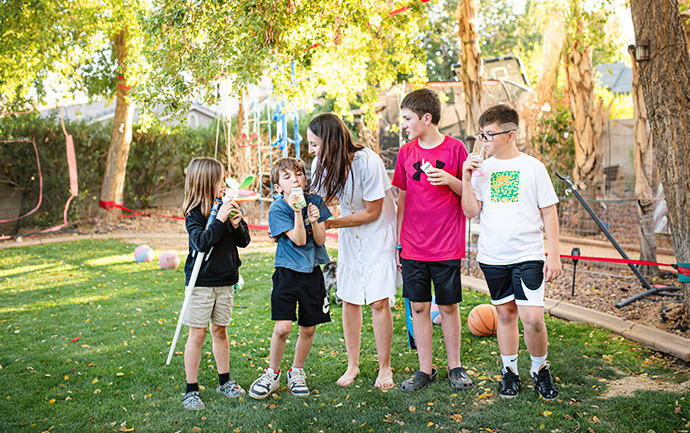

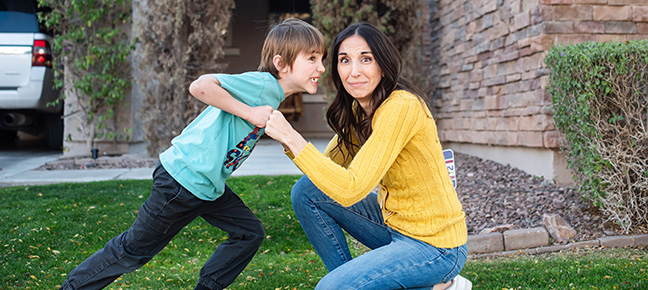
What incredible value in this post! It seems like nearly everyone could benefit from some parent coaching!
Thanks, Brittany!
Man! I needed this post! More than words!
I continue to find myself navigating sibling fighting and honestly it’s wearing me out! From 1 to many arguments to mommy yelling! I don’t lack the knowledge, I’m just overstimulated! Well said!
Sibling fighting can be so hard! Especially when it gets physical. I’m so happy to hear this article is helping you!!
What a wonderful post full of value. It gave me a lot of insight as I didn’t know what a parent coach does . I feel that this post willhelp so many parents. Thank you for sharing! I truly enjoyed this read.
Of course! Thank you for reading!!
Hello my friend! I wish to say that this post is amazing, nice written and include approximately all important infos. I?¦d like to look more posts like this .
This is such a valuable resource for parents who feel stuck in the overwhelm. That moment of realizing that all the parenting books in the world don’t always translate into real-life action is so relatable. Love that you’re offering real support and guidance—parenting isn’t meant to be done alone!
Thank you! And absolutely, I have found so many parents have read “all the books” but still struggle and the reason is because they need real-time support.
Excellent post and so much good information. Thank you for all the great tips and resources!!
Thank you!
Oh boy, as a mom of a 4-year-old, I truly believe parent coaching should be the norm—covered by insurance. We could all benefit from understanding our kids better. Great job!
Amen! And such a great idea!!!
This is such a relatable and encouraging post! Parenting can be overwhelming, and it’s great that you’re helping parents navigate those challenges with confidence. The emphasis on bridging the gap between knowledge and daily practice is so important. Looking forward to reading more of your insights on building a strong, connected family!
Thank you so much Anastasia! I hope it is encouraging to parents!
I love this post! I am in the mental health field in motherhood. So, this is so relevant and valuable for me!
Yes, I relate so much to your work!
Can I just say what a relief to find someone who actually knows what theyre talking about on the internet. You definitely know how to bring an issue to light and make it important. More people need to read this and understand this side of the story. I cant believe youre not more popular because you definitely have the gift.
I love the approach you’re taking to support parents—it’s so refreshing to hear about someone who truly understands the challenges of raising kids with big emotions and high energy.
This is a great post and reminder!
Great post and very useful information and great tips and coping strategies.
Thank you!
I appreciate you sharing your thoughts on the subject. I’m sure many parents will find it helpful.
I hope they do find it helpful!